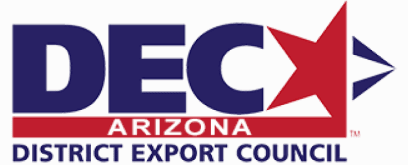January is National Human Trafficking Prevention Month. This month serves as a time for the federal government to reaffirm its commitment to stopping and preventing trafficking. Human trafficking often manifests as involuntary servitude, peonage, debt bondage, or slavery, which are all contrary to the values of our democracy, society, and economy.
In January, the Department of Commerce collaborates with other federal agencies, community partners, advocates, and individuals to raise awareness about human trafficking. It is essential to recognize that each of us can play a significant role in fighting this crime.
Connecting the dots between human trafficking, online harassment and abuse, interpersonal violence, and other forms of violence can disrupt various exploitation methods. Understanding the factors of economic mobility, the need for connection, technology, and market dynamics can prevent some of the most predictable recruitment strategies used in human trafficking. By building healthy relationships and strengthening the resilience of communities and industries, we can protect against the vulnerabilities that lead to human trafficking.
American businesses have an essential responsibility to identify and address the risk of importing goods produced with forced labor. A free training course is available to help you understand the relevant laws, regulations, and warning signs to watch for to prevent goods made with forced labor from entering the United States. This training also offers guidance on developing due diligence protocols and supply chain management measures to assess the risks of forced labor in your supply chain and establish policies and procedures to monitor compliance throughout that supply chain.
Learn more about human trafficking prevention and 20 ways you can help fight human trafficking.
